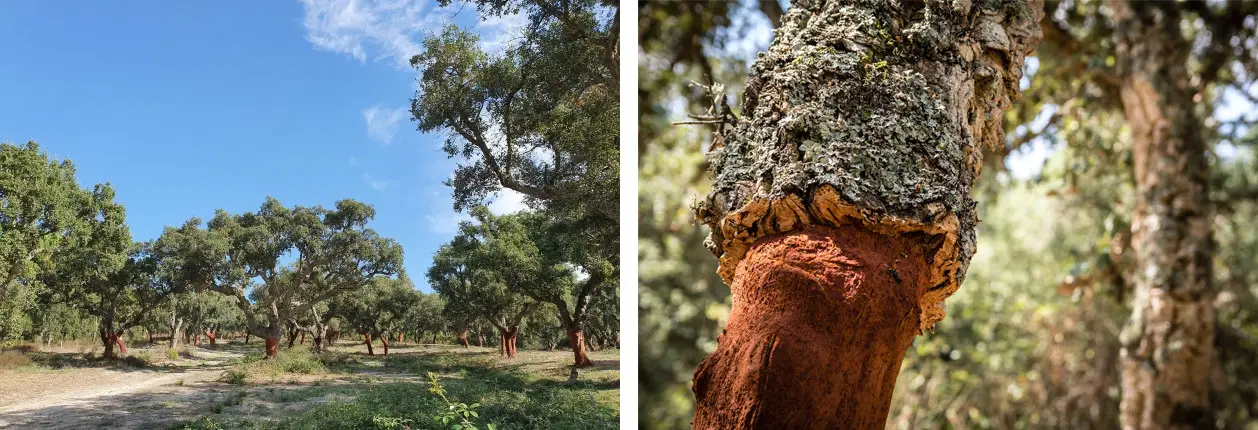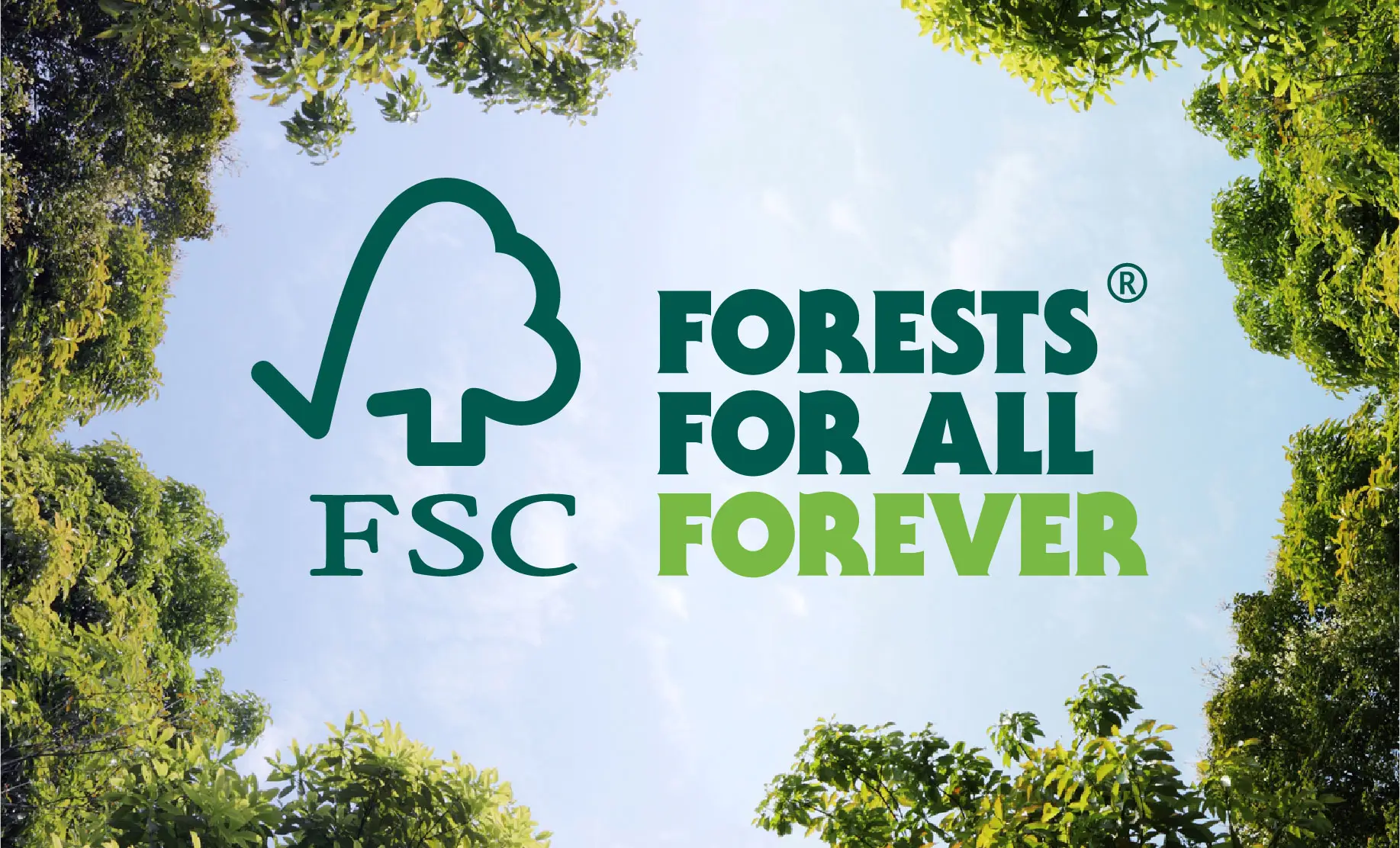Why we decided to apply for FSC® Certification
At Leandesk, sustainability is at the heart of everything we do. From product design to packaging, we’re always looking for ways to reduce our environmental impact while creating beautiful, flexible workspaces. We made the decision to apply for FSC® (Forest Stewardship Council®) certification as part of our commitment to our customers, our supply chain and the planet and in doing so realised just how complex the certification process and regulations are.
Why Bamboo?
Bamboo is often praised as a renewable resource—and for good reason. It matures quickly, requires minimal pesticides, and can be harvested without killing the plant. Bamboo is highly sustainable due to rapid growth and renewability, and its ability to both sequester carbon and release oxygen. But not all bamboo is created equal. As demand grows, there’s increasing pressure on suppliers to produce more—sometimes at the cost of the environment or fair labour practices. It was critical to us to source the very best bamboo in both quality and ethical terms.
Responsible Sourcing
We chose to apply for FSC certification to ensure that the bamboo we use comes from responsibly managed forests and verified supply chains. The FSC system tracks materials from the source all the way to the final product, ensuring that our bamboo meets strict environmental, social, and economic standards.
We hold Change of Custody certification, which means every business within the supply chain must have their own FSC Certification, from the bamboo growers and processors to the manufacturers. It would be impossible and impractical for a small company like Leandesk to independently verify this, so the FSC process gives us reassurance.
In essence, by applying for certification, we’re not just saying our products are sustainable—we’re trying to prove it.
Questions around credibility of FSC
While the FSC® is widely recognized for promoting responsible forest management, some critics question its credibility. Concerns include inconsistent enforcement across regions, weak auditing processes and reports of certified companies engaging in questionable practices. Others argue that FSC allows too much industry influence and doesn’t always protect indigenous rights or biodiversity effectively. These issues have led some environmental groups and consumers to view the certification as imperfect or too lenient. Despite this, we see FSC as the best available system and one that is constantly evolving to address its shortcomings and improve transparency and accountability.
The Certification Process
To apply for certfication, you need to appoint an accreditated body to submit your application and complete an assessment of your business practices. We spoke to market leaders Interface https://interface-nrm.co.uk/ , who explained that as a small business, we were eligible for Group Certifiation and referred us on to their partner FenConsult https://www.fenconsult.co.uk, who helped us through the process and will conduct our annual audit.
Group FSC certification allows multiple small businesses to come together under one certification managed by a central body. Rather than each company undergoing the process individually, they share the certification, requirements, and benefits. This reduces the cost and complexity of compliance while still meeting FSC standards.
Supply Chain challenges
Applying for FSC certification challenged us to dig into our supply chain, review documentation, and collaborate closely with our manufacturing partners. This wasn’t an easy process and required our manufacturers and packaging suppliers to review their procedures and consolidate their own certification understanding. The further down the chain the suppliers are, the harder it is to be confident the rigorous regulations are being observed, which led us to do our own research and contact the bamboo supplier directly for further clarity.
FSC certification is just one part of a sustainability certification journey. We have now conducted a Circular Design assessment and have carefully reviewed the EPD (Environmental Product Declaration) provided by our bamboo supplier. The EPD is a standardized document that provides transparent, verified information about the environmental impact of a product throughout its life cycle—from raw material extraction to production, use, and disposal.

Further hiccups…
Just when we thought we had mastered the process, two further challenges presented themselves. To be FSC Certified, every part of the product that comes from a forest (chiefly timber or paper products) must be certified. The cardboard for our packaging is FSC Certified but the paper tape we specified was not – ironically, we would have been ok using plastic tape as it falls outside the scope! This was one of those moments when we questioned the suitability of the standard in supporting businesses to make the most environmentally responsible decisions (we have since resolved this issue). Similarly, it was incredibly hard to find an FSC Cork supplier for the balls at the end of the cord, and in doing so, have had to stop buying cork from our lovely, family-run Portugese supplier, who has been unable to achieve FSC Certification, although we know they are farming in an ethical and sensitive way – and they have a host of other certifications. In short, it’s not a perfect system!
Despite the inevitable limits of any global certificaiton system, at least with FSC in place, we can be confident that every desk we ship starts its life in a properly managed forest.






